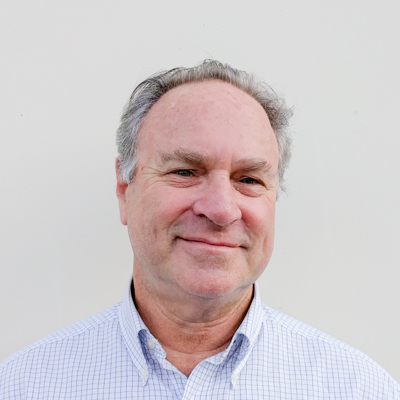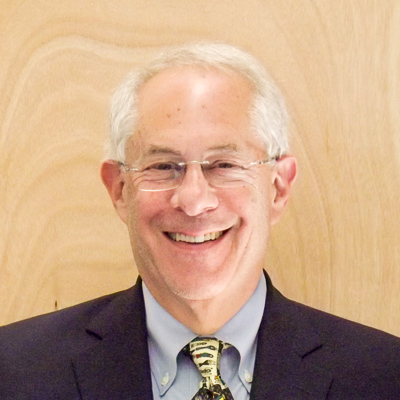What Causes Headaches?
By Alan Rapoport
When we ask “what causes headache?” we are actually asking two different questions: “Why do I get headaches” and “what causes (or triggers) a particular headache? Two questions? Two answers.
When we ask what causes (or what causes a person to get) headaches, it is a general question that has many implications. For example, imagine a world where no one ever got headaches. It sounds wonderful (particularly if you have a headache right now). But in reality, headache, like all forms of pain, serves a purpose. Pain tells us when there is something wrong in our environment – either the external environment as when the pain of fire alerts you to get out of the area or to drop that match , or the internal environment, when pain tells you your leg is broken and not to stand on it.
So, our brain has a system for deciding when a certain change in the environment is not good. It tells us to get to a safe place. And the way it gets our attention is with pain. For the most part, that system works pretty well. But in some people, who have a certain genetic predisposition, that system is a bit too sensitive and, as a result, the brain interprets relatively benign changes in the environment (like a change in hormone levels or a drop in barometric pressure, or a bad night’s sleep as something terribly wrong in the environment and the pain message goes out. That, in a nutshell, is why some people get migraines.
The second question: what causes an individual headache attack is also a complicated question, but for different reasons. Not every person is sensitive to the same changes in the environment as every other person who gets headaches, even though the headache itself seems very similar. For Jim, it might be flickering lights, for Jane, lights are fine, but skipping a meal can be a disaster. And to make it more complicated, most triggers are partial and additive. So, a glass of wine on a day when you have slept well won’t lead to headache, but a glass of wine after a bad night or a day in the sun, will. There is no “one size fits all.”
How does all this help you understand the cause of your headaches? There is nothing (yet) that you can do about your genetics, but there are modifiable behaviors such as regular sleep, meal, and exercise schedules, and careful attention to the possible triggers that you can modify or avoid, and in this way cause yourself to have fewer headaches.



